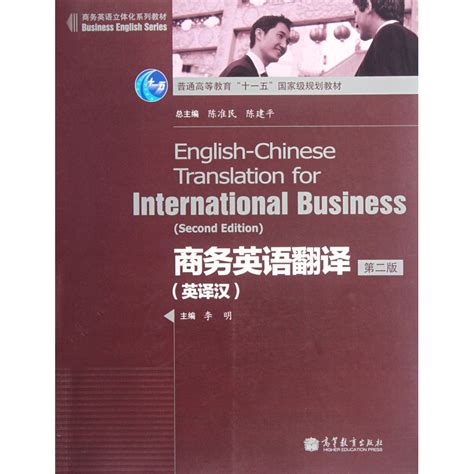浪人英文怎么写
Title: "Translating '浪人' into English"
In English, the term "浪人" (làng rén) doesn't have a direct translation, but its essence can be conveyed through various English expressions depending on the context in which it's used. "浪人" originates from Japanese culture, referring to a masterless samurai or a wandering swordsman who roams without a lord or a fixed residence. Here are several English translations that capture different aspects of the term:
The most commonly used term to approximate "浪人" in English is "ronin." In Japanese, "ronin" (浪人) refers to a samurai without a master during the feudal period of Japan. This term carries the connotation of a warrior who is adrift, lacking a leader or a sense of belonging. It implies a sense of independence and sometimes desperation, as the ronin may struggle to find purpose or direction.
"Wanderer" is another suitable translation for "浪人," particularly when emphasizing the nomadic or aimless aspect of being without a master or a fixed abode. A wanderer roams freely, often driven by personal quests or a search for meaning. This term suggests a journey of selfdiscovery or adventure.
In modern contexts, "freelancer" can capture the spirit of "浪人." While it may not directly evoke the samurai imagery, a freelancer operates independently, without a longterm commitment to a single employer or organization. Like a 浪人, a freelancer pursues opportunities as they arise, relying on their skills and resourcefulness to navigate their professional path.
"Lone warrior" emphasizes the solitary nature of being a 浪人. This term underscores the independence and selfreliance of an individual who operates outside traditional structures or affiliations. Like a ronin, a lone warrior faces challenges alone, relying on their own strengths and principles.

For contexts where the Japanese origin of "浪人" is significant, "masterless samurai" provides a literal translation. This term directly communicates the historical and cultural background of the 浪人 as a samurai without a lord. It maintains the connection to Japanese feudalism and warrior culture.
While there isn't a single English term that perfectly encapsulates the complexity and cultural nuances of "浪人," several translations can convey its essence depending on the context. Whether it's "ronin," "wanderer," "freelancer," "lone warrior," or "masterless samurai," each term offers a different perspective on the concept of being masterless and wandering.
本文 新鼎系統网 原创,转载保留链接!网址:https://acs-product.com/post/8905.html
免责声明:本网站部分内容由用户自行上传,若侵犯了您的权益,请联系我们处理,谢谢!联系QQ:2760375052 版权所有:新鼎系統网沪ICP备2023024866号-15








